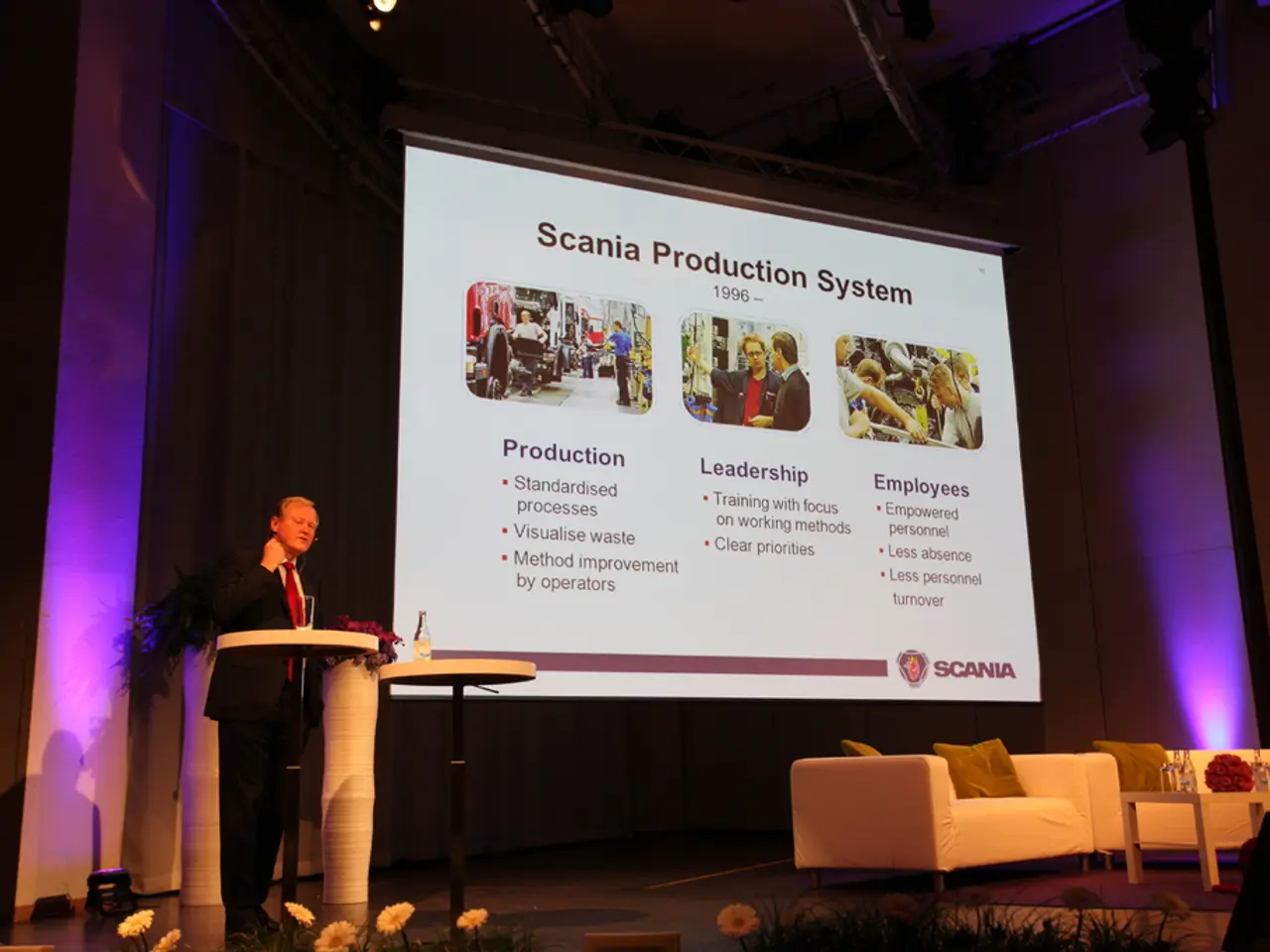Suggestions for the Content of the Upcoming National Quantum Initiative Act by Congress
The National Quantum Initiative Act (NQIA), enacted by Congress in 2018, has been a game-changer in the development of quantum technologies in the United States. This groundbreaking legislation has provided a coordinated federal approach and substantial funding to accelerate quantum research and innovation, allocating over $1.8 billion to quantum research across multiple federal agencies.
The NQIA has had significant impacts, including funding and coordination, research and development acceleration, workforce development and application focus, quantum readiness and cybersecurity, and the creation of economic and innovation ecosystems. The act established multidisciplinary centers for quantum research and education, promoting collaboration among federal agencies, academia, and private industry. It has also led to large investments in quantum computing projects and supported efforts to make the U.S. quantum safe.
Now, five years on, the NQIA is set to expire unless Congress reauthorizes it. A panel discussion hosted by the Center for Data Innovation on May 2, 2023, will delve into the impact of the initial NQIA on the development of quantum technologies in the United States, discuss what the NQIA got right and where there is room for improvement in the reauthorization process, and provide recommendations for policymakers on what they should do next regarding the NQIA.
The panel discussion, scheduled from 11:00 AM to 12:00 PM (EDT), will feature esteemed speakers such as Steven Rolston, Chair of the Department of Physics at the University of Maryland, Cate Johnson, Research and Technology Subcommittee Staff Director of the House Science, Space, and Technology Committee (Majority staff), Alan McQuinn, Research and Technology Subcommittee Professional Staff Member of the House Science, Space, and Technology Committee (Minority staff), and Celia Merzbacher, Executive Director of the Quantum Economic Development Consortium (QED-C). Hodan Omaar, Senior Policy Analyst at the Center for Data Innovation, will moderate the discussion.
The panel discussion comes at a critical time when the U.S. government funds and prioritizes quantum-related activities through the NQIA to secure U.S. leadership in this critical field. The reauthorization of the NQIA aims to maintain and enhance U.S. leadership in the global quantum technology race and build on the success of the original act, authorizing approximately $2.7 billion in funding to accelerate quantum R&D at federal science agencies. This increased investment and emphasis on application and workforce development are crucial to addressing both innovation and national security needs.
The panel discussion promises to be an engaging and informative event, shedding light on the importance of the NQIA and its role in shaping the future of quantum technologies in the United States.
- The National Quantum Initiative Act (NQIA) has been instrumental in boosting innovation and research in quantum technologies, especially in the field of quantum computing.
- The Act's funding and coordination efforts have led to a focus on application and workforce development, aiming to address both innovation and national security needs.
- The panel discussion, featuring renowned speakers, will delve into the impacts of the NQIA, discuss potential improvements for its reauthorization, and provide recommendations for policymakers.
- The reauthorization of the NQIA, with its increased investment, aims to maintain the U.S.'s leading position in the global quantum technology race, leveraging advancements in AI, data, science, and technology.




